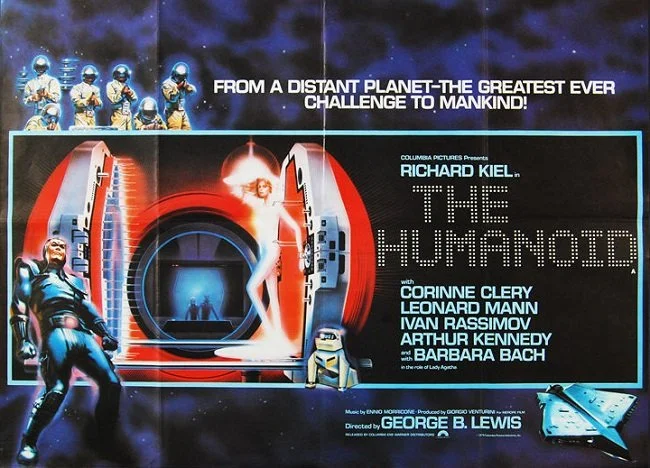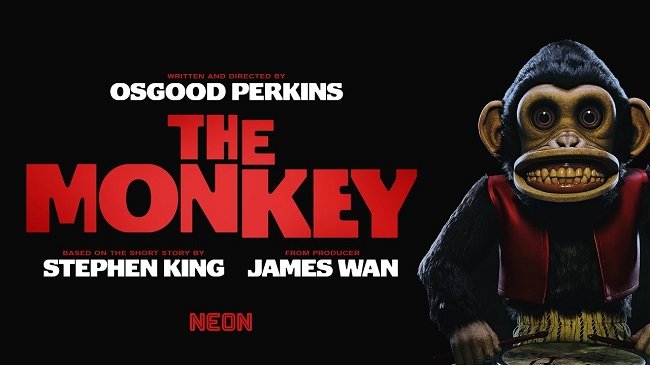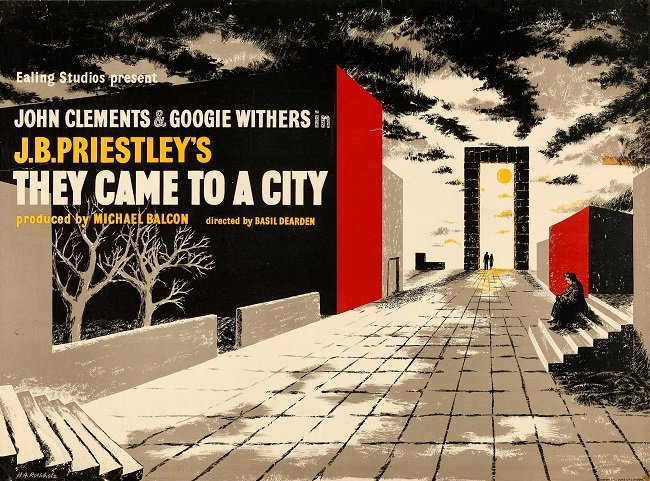Parents and Movie Ratings
Movie ratings in the UK are overseen by the British Board of Film Classification. A movie legally requires certification to be shown theatrically or released on DVD or Blu-ray. Ratings are governed by guidelines that have been determined through public consultation, expert advice and peer review. In recent years the BBFC has become a measured, informed and progressive body that broadly reaches appropriate decisions that are mainly agreed with by cinema audiences. UK ratings, unlike their US counterparts, are exclusionary. Films rated 15 or 18 prohibit the admission of those below that age. With regard to home media, it is illegal to rent or sell DVD or Blu-ray discs rated similarly.
In the past the BBFC has made poor decisions and policies have varied under various directors. However a far more level headed attitude has prevailed of late and I believe the organisation now makes sound decisions. More importantly the organisation remains independent and free from political interference and industry lobbying. The BBFC has a wealth of resources available on its website and provides great detail about how it has arrived at a rating. They even go so far as to give readers spoiler warnings, when discussing the content of a movie. Strong language, drug use and violence as well as adult themes are listed if they feature in the film.
As a parent that has raised a child, I applaud such rigour and in-depth information. Being a movie fan, I have always had an immense love of cinema. Naturally my son was exposed to a lot of films while growing up. However personal fandom was never allowed to trump common sense and both my wife and I always took time to consider the suitability of any material we watched with our son. It is something I encourage all parents to do. Ratings are there to inform and an assist. We currently live in an age where there is a wealth of information available. Therefore making an informed decision about family viewing need not be difficult.
Sadly despite the wealth of resources available parents still remain oblivious to ratings and I have often seen children in theatres watching movies that are patently unsuitable for them. Furthermore they are frequently distressed and I do wonder about the long term harm that can be done by such ill-considered parenting. Two such examples from 2015 were Jurassic World and SPECTRE. On both occasions I sat next to families with children under the age of ten who were far from happy about certain scenes. It should be noted that both these movies were rated 12A which is broadly equivalent to the US PG-13 rating. In recent years, it has become the most common rating in the UK film industry and potentially the most misunderstood.
The most common problem associated with the UK 12A rating, is the fact that is an advisory rating. According to the BBFC website “Films classified 12A and video works classified 12 contain material that is not generally suitable for children aged under 12. No one younger than 12 may see a 12A film in a cinema unless accompanied by an adult. Adults planning to take a child under 12 to view a 12A film should consider whether the film is suitable for that child”. Therefore, as a parent, if you’re planning to take children under the age of 12 to see a movie such as Kong: Skull Island, it is incumbent upon you to determine if the film is suitable and whether the child in question is mature enough to enjoy the film without becoming upset or distressed. The 12A rating is not by default a guarantee that a movie is child friendly, nor does it mean that the movie in question is exclusively marketed towards children per se.
At present mainstream film making loves the PG-13/12A rating. It makes a film accessible to the broadest of audiences, thus maximising box office takings, while still accommodating a degree of sex, violence and strong language. The rating can also encompass a variety of adult themes and material that is dour, bleak and even threatening. This is specifically why the advisory nature of the rating needs to be acted upon. Just because younger children can be admitted to see films with this rating, doesn’t by default mean that they should. Cinema, like TV should not be used as a convenient babysitting service. Perhaps some parents would be wise to reflect upon this and take more time to research a movie before allowing their children to watch it. The BBFC website like so many others can be easily accessed by phone. Continued failure by lax parents to adhere to rating correctly, could potentially lead to a more draconian system being implemented.




























